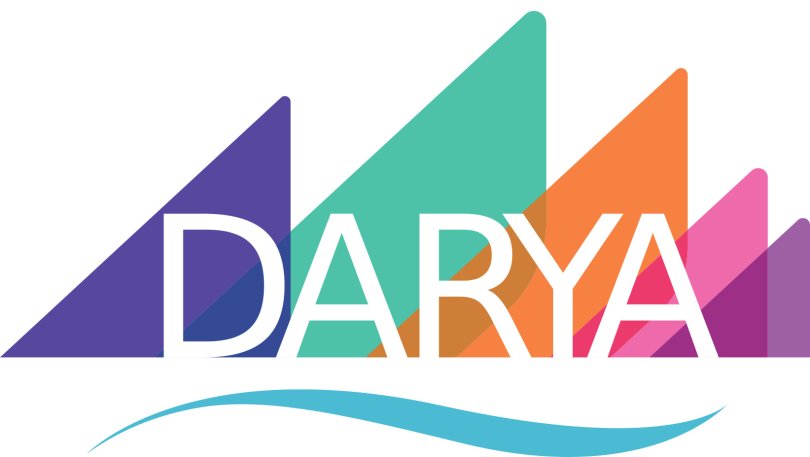
Astana hosts international conference on youth employment and skills development
More than 100 experts from Central Asia and the European Union will gather in Astana for the International Conference on Youth Employment and Skills Development. The event is organised by the European Training Foundation (ETF) together with the Ministry of Labour and Social Protection of Population of the Republic of Kazakhstan, under the patronage of the European Union. The Delegation of the European Union to Kazakhstan plays a central role in supporting the initiative, alongside national authorities and the Kazakh business community.
The conference takes place in the framework of the Year of Vocational Professions in Kazakhstan and focuses on the transition of young people from school to work and on expanding opportunities for youth employment.
The event is part of the EU-funded €10 million DARYA programme (Dialogue and Action for Resourceful Youth in Central Asia), a five-year initiative (2022–2027) that represents the EU’s first regional project dedicated to education, youth employment, and inclusive skills development in Kazakhstan, Kyrgyzstan, Tajikistan, Turkmenistan, and Uzbekistan.
As a flagship initiative in EU–Central Asia relations, DARYA builds on the EU’s 2019 Strategy on Central Asia and uses education as a bridge to foster stronger cooperation and closer ties between Europe and the region.
The programme is funded by the European Union and implemented by ETF, an EU agency supporting human capital development in the EU enlargement and neighbouring countries in line with European external action policies. It has been based in Turin, Italy, since 1994.
“The European Union is proud to stand alongside Kazakhstan and our Central Asian partners in advancing opportunities for young people. Youth are the backbone of our societies and the drivers of sustainable growth, innovation, and resilience,” said Aleška Simkić, Ambassador of the European Union to the Republic of Kazakhstan. “Through initiatives such as DARYA, the EU is supporting skills development, inclusive education, and stronger connections between training and labour markets, ensuring that young people can seize the opportunities of the future. This conference is a clear demonstration of our shared commitment: by working together, exchanging experiences, and building mutual trust, we are laying the foundations for a partnership that is not only beneficial to Central Asia but also strengthens the ties between our regions in a spirit of long-term cooperation.”
“Supporting young people in their transition from school to work is one of the most pressing challenges for Central Asian countries. This conference provides a unique platform to exchange policies and practices that help youth, including vulnerable NEET groups, to access the labour market,” said Cristina Mereuta, Acting Head of the Knowledge Hub for Skills and Jobs Unit at ETF. “Within the DARYA project, youth are at the centre: we work to strengthen skills development, create inclusive opportunities, and build stronger links between education and the economy.”
The Workforce Development Centre (WDC) and the ETF will present innovative approaches to labour market monitoring and forecasting using digital tools, youth career guidance and support practices, as well as new forms of workplace learning and cooperation with employers.
“I am convinced that such approaches will help build a more sustainable employment ecosystem and increase the competitiveness of young people both in Kazakhstan and in the region as a whole. These new ideas and solutions will make youth employment policies more targeted and effective,” said Alua Talğarqyzy, Deputy Director of the Department for Analysis and Development of Methodological Support.
“For us, it is important not only to learn from the experience of our colleagues, but also to strengthen the mechanisms that link education and the labour market; equally important is to expand international and regional cooperation. Thanks to the DARYA project, we have gained practical experience in applying modern methodologies for labour market analysis and qualifications development; now we plan to adapt these tools to national conditions, including updating our legislation and introducing key mechanisms to ensure employment sustainability at the regional level. I believe that such a comprehensive approach will make it possible to shape a long-term strategy and adapt youth policy to the challenges of a rapidly changing economy,” Talğarqyzy underlined.
Did you like this article? If you would like to be notified when new content like this is published, subscribe to receive our email alerts.